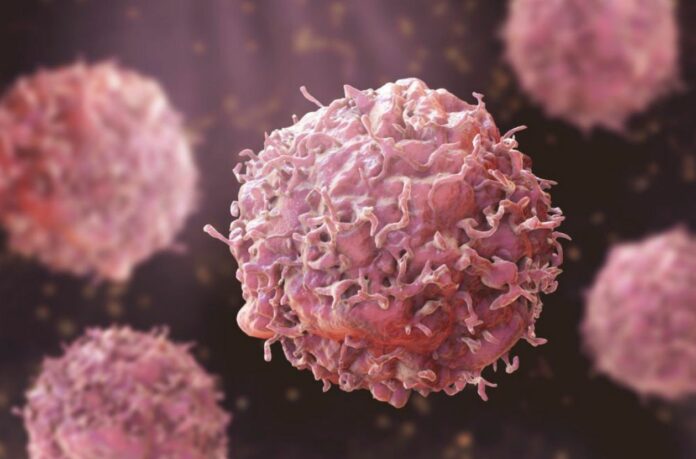Colorectal cancer is a serious condition, but it is preventable and treatable when caught in its early stages and can significantly improve patient outcomes. This study has the potential to lead to more effective methods of screening and prevention, which could help identify those who are at higher risk for the disease.
Researchers at the Fred Hutchinson Cancer Center in Seattle, along with 200 scientific collaborators from around the world, conducted a thorough analysis of over 100,000 cases of colorectal cancer (CRC) and identified more than 100 previously unknown genetic risk factors associated with the disease.
The results of this study, published in the journal Nature Genetics today, have the potential to improve the ability of healthcare providers to identify individuals who are most at risk for colorectal cancer and provide them with early screening. It could also help find people who might benefit from preventive chemotherapy or other treatments.
These results, according to the research’s authors, show the potential of big data by combining a sizable study with a complicated, in-depth analysis utilizing multi-omics to learn more about the biology of colorectal cancer. The term “multi-omics” refers to a method of biological analysis that integrates several large-scale biological data sets (or “omes”) into a single study.
“This is the largest, most comprehensive study to date of common genetic risk factors for colorectal cancer,” adds corresponding lead author Dr. Ulrike “Riki” Peters. “We’re excited about our study’s discoveries, including the addition of 100-plus genetic risk variants for this severe disease.”
Peters said that our previous research had found about 140 genetic markers for colorectal cancer. His research focuses on the genetic and environmental risk factors for colorectal cancer, as well as how race and ethnicity affect the genetic risk factors for common, complex diseases.
For this study, the researchers did a meta-analysis of more than 100,000 cases of colorectal cancer and compared them to a control group of more than 150,000 people who did not have the disease. They were European or Asian.
First, they found 205 independent risk associations for colorectal cancer, 50 of which had never been reported before. A second multi-omics investigation found 53 additional gene variations associated with the condition.
“Our findings provide new insights into colorectal cancer and substantially expand our knowledge of the role gene variation plays in inherited colorectal cancer,” adds first author Dr. Li Hsu.
Cancer susceptibility and risk is significantly influenced by germline genetic risks or gene mutations, which are passed down from one’s biological parents.
“Knowing these hereditary factors and which groups are at greatest risk from them can guide clinicians in recommending preventive measures and more frequent screenings which can lead to earlier diagnosis and treatment and better survival outcomes for patients.” as explained by Dr. Minta Thomas.
Annually, colorectal cancer kills over 1.9 million people globally and is the most common form of cancer. According to the American Cancer Society, colorectal cancer is the third most common cancer diagnosed in the country, behind skin cancers. For males, the overall lifetime risk of having CRC is around 1 in 23, or 4.3%, and for women, it is 1 in 25, or 4%.
“Colorectal cancer is a serious disease, but it is preventable and can be successfully treated if detected early,” said Dr. William Grady, director of the GI Cancer Prevention Program Clinic and a professor at Fred Hutch. “This study has the potential to pave the way for better screening and prevention, allowing us to improve our current ways of determining who is at higher risk.”
The results of this research also confirmed other recognized CRC risk factors that have been identified and published in prior epidemiological studies, such as insulin resistance, smoking, and obesity.
The results of this study will be used by Fred Hutch and its research partners to create tests based on germline DNA that can classify people into those at high genetic risk for colorectal cancer and those with a lower possibility of acquiring the illness.
A longer-term objective is to combine genetic risk information with other risk factors, such as environmental, dietary, and behavioral (smoking, for example) risk factors, to create polygenic risk scores, which are multifaceted risk scores that more precisely identify a person’s colorectal cancer risk.
Overall, according to Peters, the findings “provide new insights into the biological basis of colorectal cancer, including the identification of specific gene mutations and support for previously unsuspected functional mechanisms. Several of the genes and pathways we identified are potential targets for preventive therapy.”
Source: Nature Genetics
